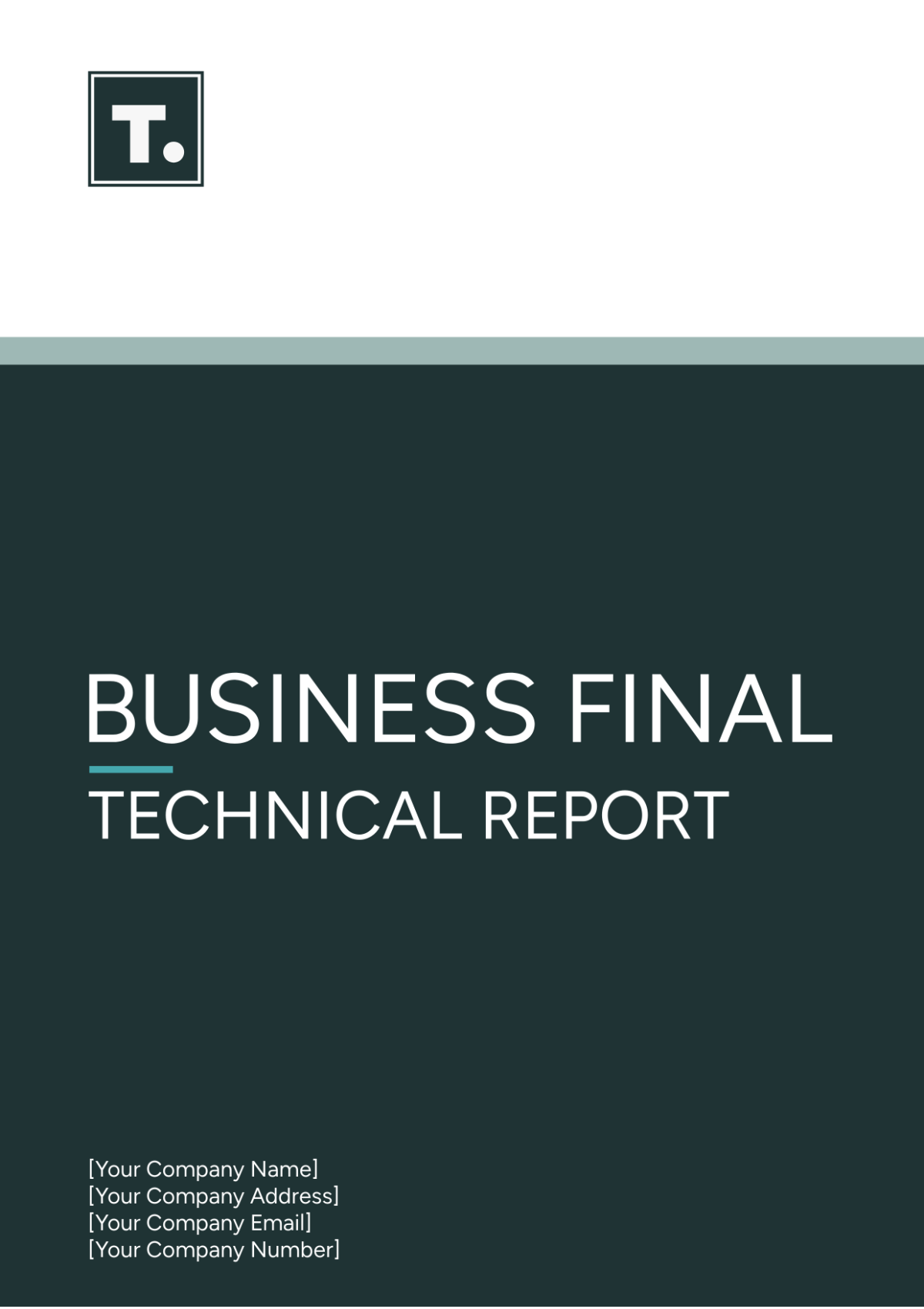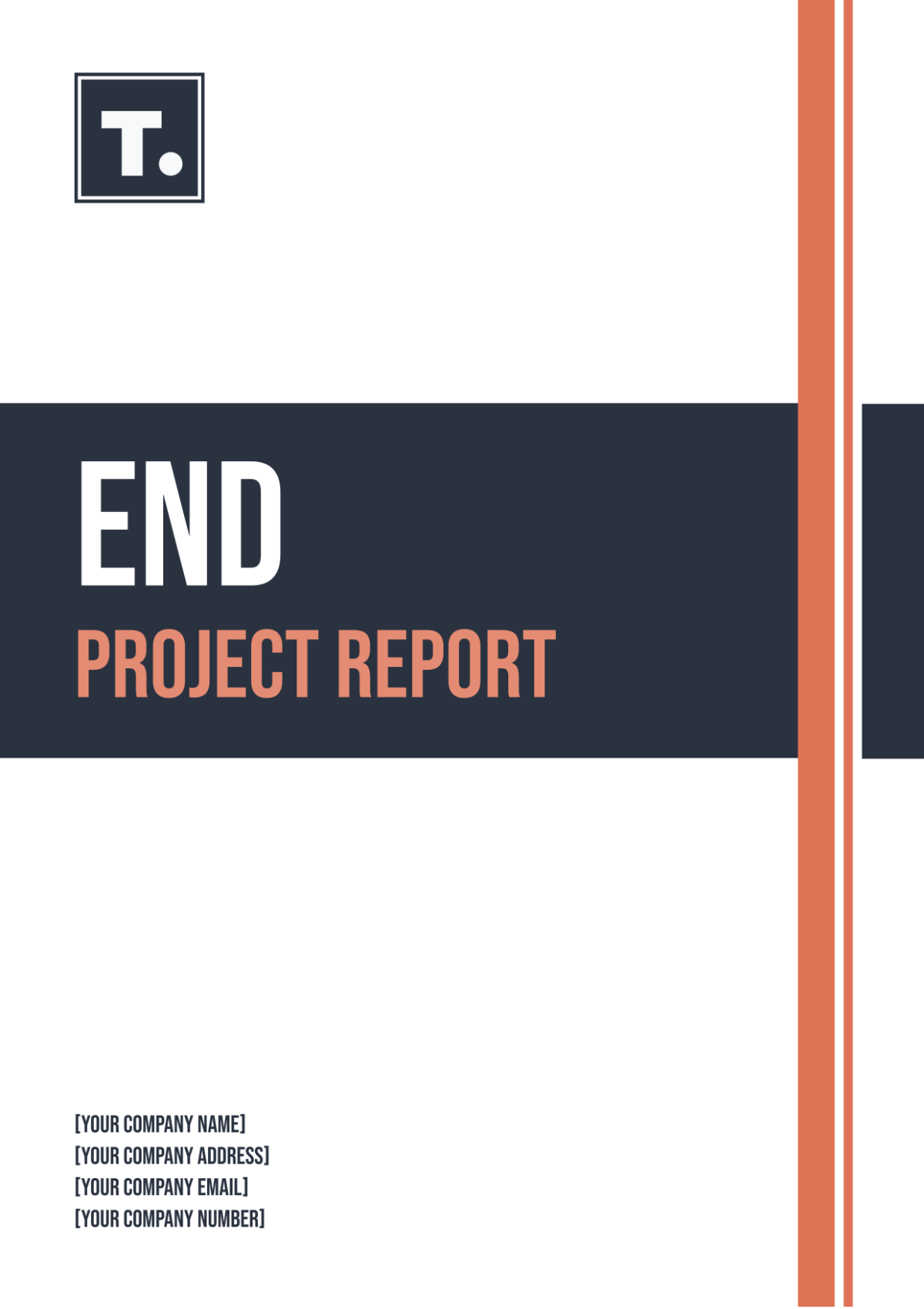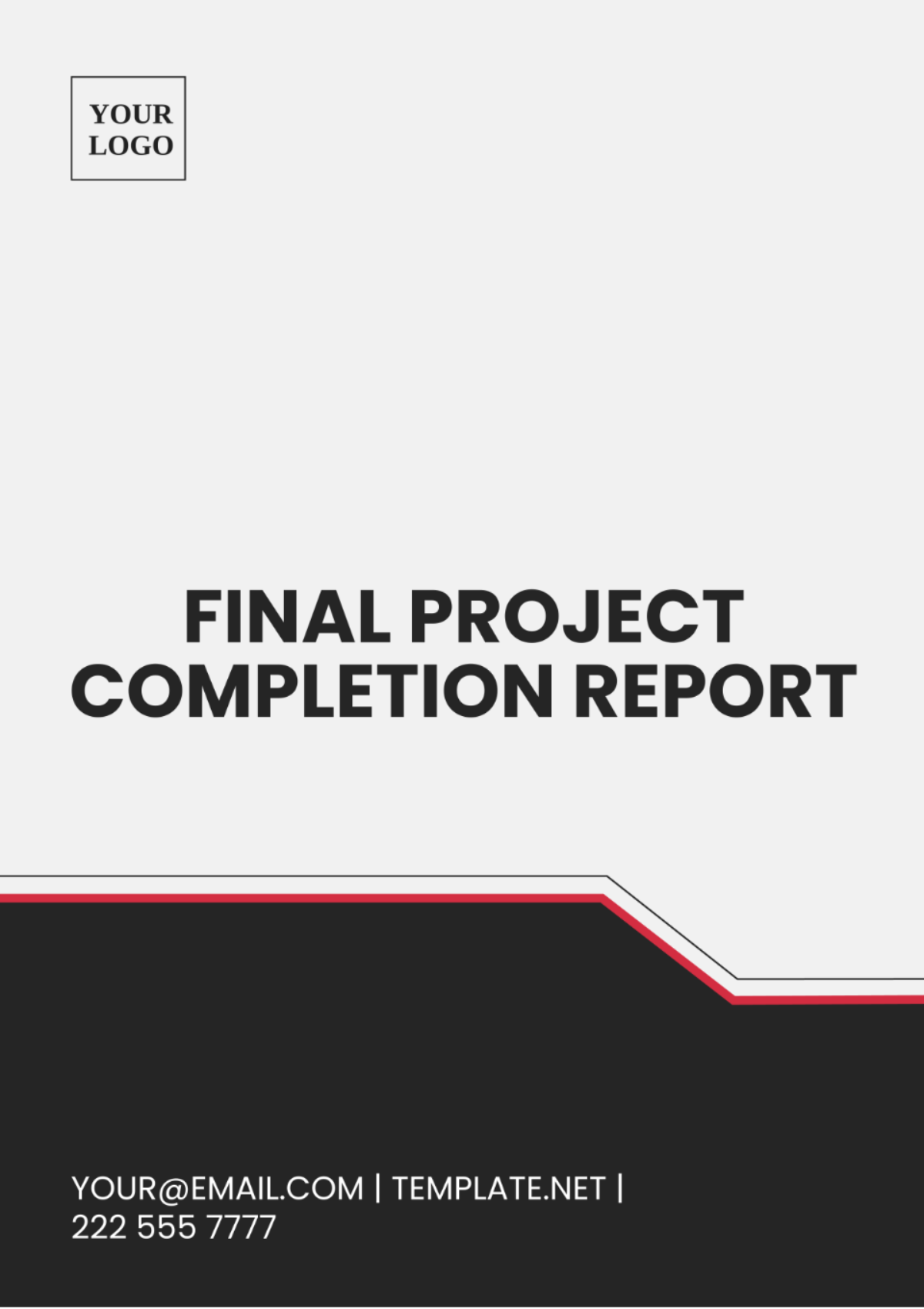Project Closure Report
Project Title: | Integration of Artificial Intelligence (AI) in Supply Chain Management |
Project Manager: | [YOUR NAME] |
Project Duration: | January 15, 2050, to December 31, 2051 |
I. Project Overview
The Integration of Artificial Intelligence (AI) in Supply Chain Management project aimed to revolutionize supply chain operations by leveraging AI technologies. It encompassed the development and implementation of AI-driven forecasting, inventory management, and logistics optimization solutions. The project commenced on January 15, 2050, and concluded on December 31, 2051.
II. Achievements and Deliverables
The project successfully achieved the following key deliverables:
AI Forecasting Model Deployed: An advanced AI forecasting model was developed and integrated into the supply chain management system, improving demand forecasting accuracy by 30%.
Automated Inventory Management System Implemented: An AI-powered inventory management system was deployed, reducing excess inventory levels by 20% while maintaining service levels.
Optimized Route Planning Solution Deployed: An AI-based logistics optimization solution was implemented, resulting in a 15% reduction in transportation costs and a 25% decrease in delivery lead times.
Summary of Achievements and Deliverables
Deliverable | Status | Comments |
|---|---|---|
AI Forecasting Model Deployment | Completed | Improved demand forecasting by 30% |
Automated Inventory Management | Completed | Reduced excess inventory levels by 20% |
Optimized Route Planning Solution | Completed | Decreased transportation costs by 15% |
III. Project Performance
Budget Performance: The project was completed within the allocated budget of $5 million, with careful cost management and resource optimization.
Schedule Performance: Despite initial challenges in requirements gathering, the project was completed on schedule, thanks to proactive risk management and agile project methodologies.
Quality Performance: User feedback and performance metrics indicate a high level of satisfaction with the AI-driven solutions implemented.
IV. Lessons Learned
A. What Worked Well
Cross-Functional Collaboration: Close collaboration between IT, operations, and business units facilitated successful solution design and implementation.
Iterative Development Approach: Adopting an iterative development approach allowed for quick adjustments based on user feedback, ensuring alignment with business needs.
B. Areas for Improvement
Initial Requirements Gathering: More extensive stakeholder engagement and requirements gathering could have provided clearer project objectives and reduced scope creep.
Change Management: Enhanced change management processes could have addressed resistance to AI adoption and ensured smoother implementation.
Lessons Learned
Aspect | Lessons Learned |
|---|---|
Cross-Functional Collaboration | Collaboration between departments is crucial for success |
Iterative Development | The iterative approach allows for quick adjustments |
Requirements Gathering | Extensive stakeholder engagement clarifies project scope |
V. Recommendations
Continuous Monitoring and Optimization: Implement continuous monitoring and optimization processes to ensure AI solutions remain effective and aligned with evolving business needs.
Investment in Talent Development: Invest in training and upskilling programs to empower employees to leverage AI technologies effectively.
VI. Closure Activities
Documentation Handover: All project documentation, including system manuals and training materials, has been transferred to the IT department for ongoing maintenance.
Resource Release: Project team members have been reassigned to new initiatives, with their contributions duly recognized.
Vendor Contract Closure: Contracts with external vendors have been formally closed, and final payments processed.
VII. Acknowledgments
Acknowledgments are extended to all project team members, stakeholders, and contributors for their dedication and expertise in realizing the success of the Integration of Artificial Intelligence (AI) in the Supply Chain Management project. Their collective efforts have been instrumental in achieving the project's objectives and driving innovation in our supply chain processes.
VIII. Conclusion
In conclusion, the Integration of Artificial Intelligence (AI) in Supply Chain Management project has significantly enhanced our operational efficiency through the deployment of AI-driven solutions. With improved demand forecasting accuracy, inventory optimization, and transportation cost reduction, we've laid a foundation for a more agile and competitive supply chain ecosystem. I extend my heartfelt gratitude to all team members and stakeholders for their invaluable contributions to this transformative endeavor.









